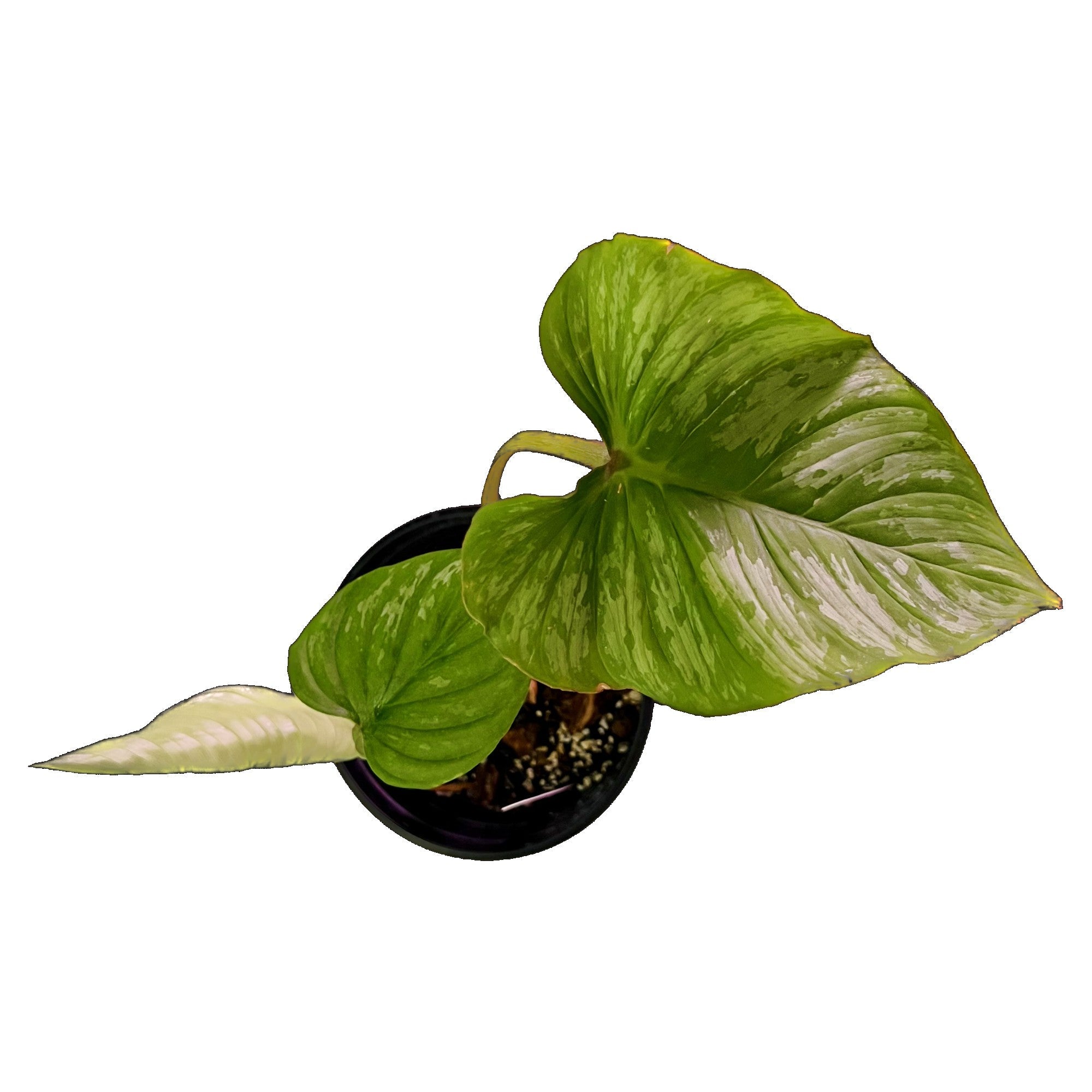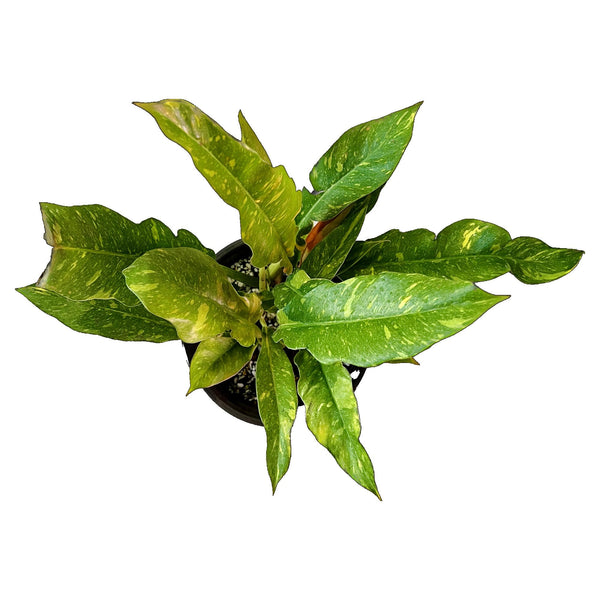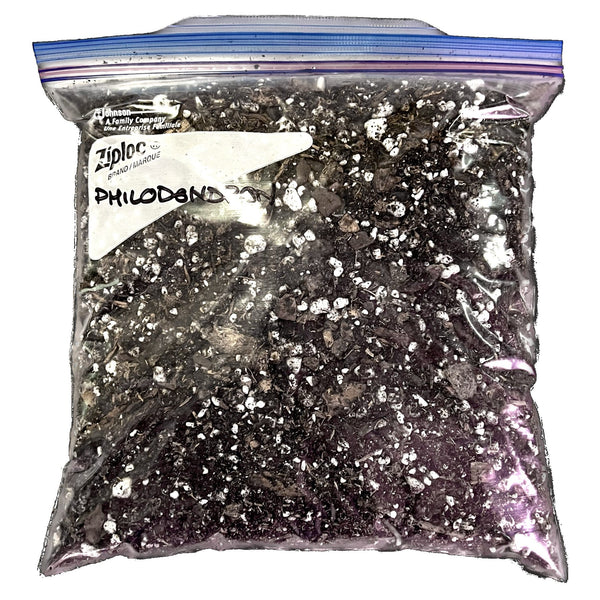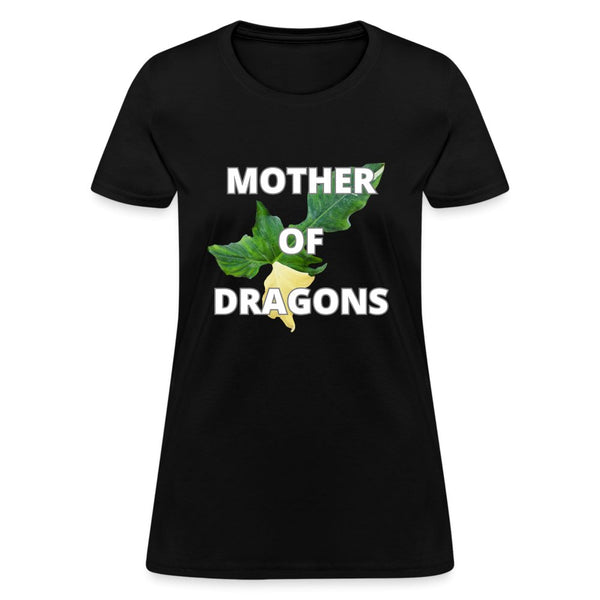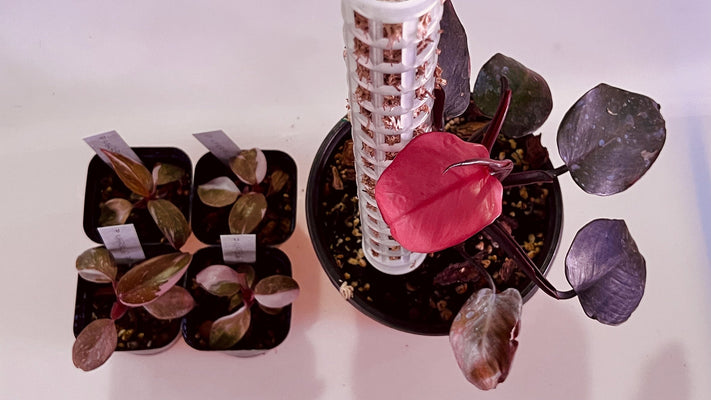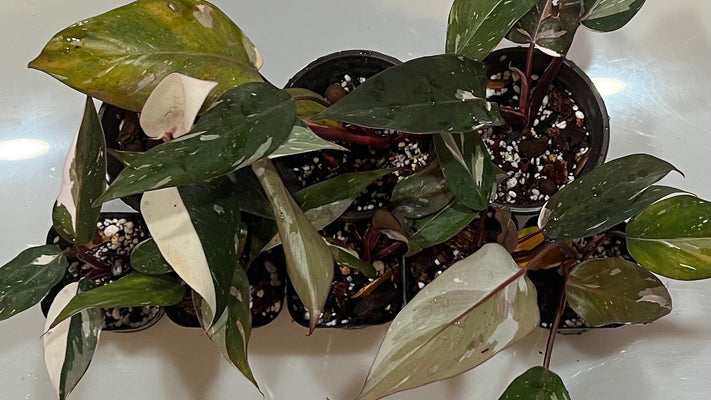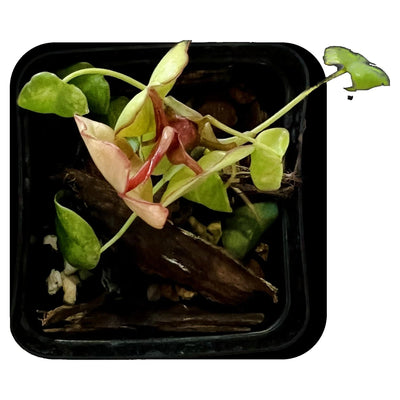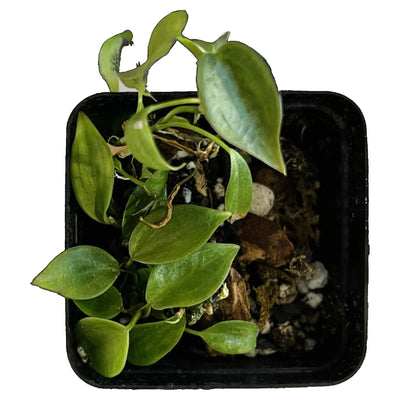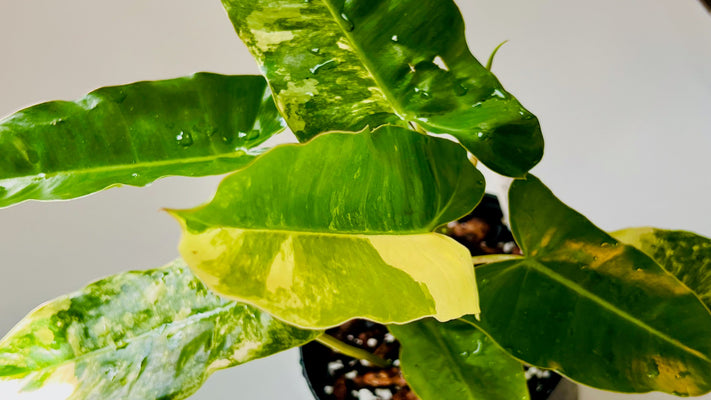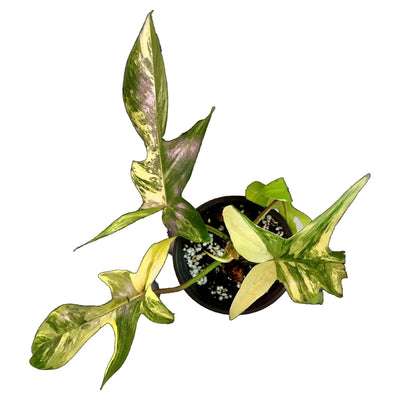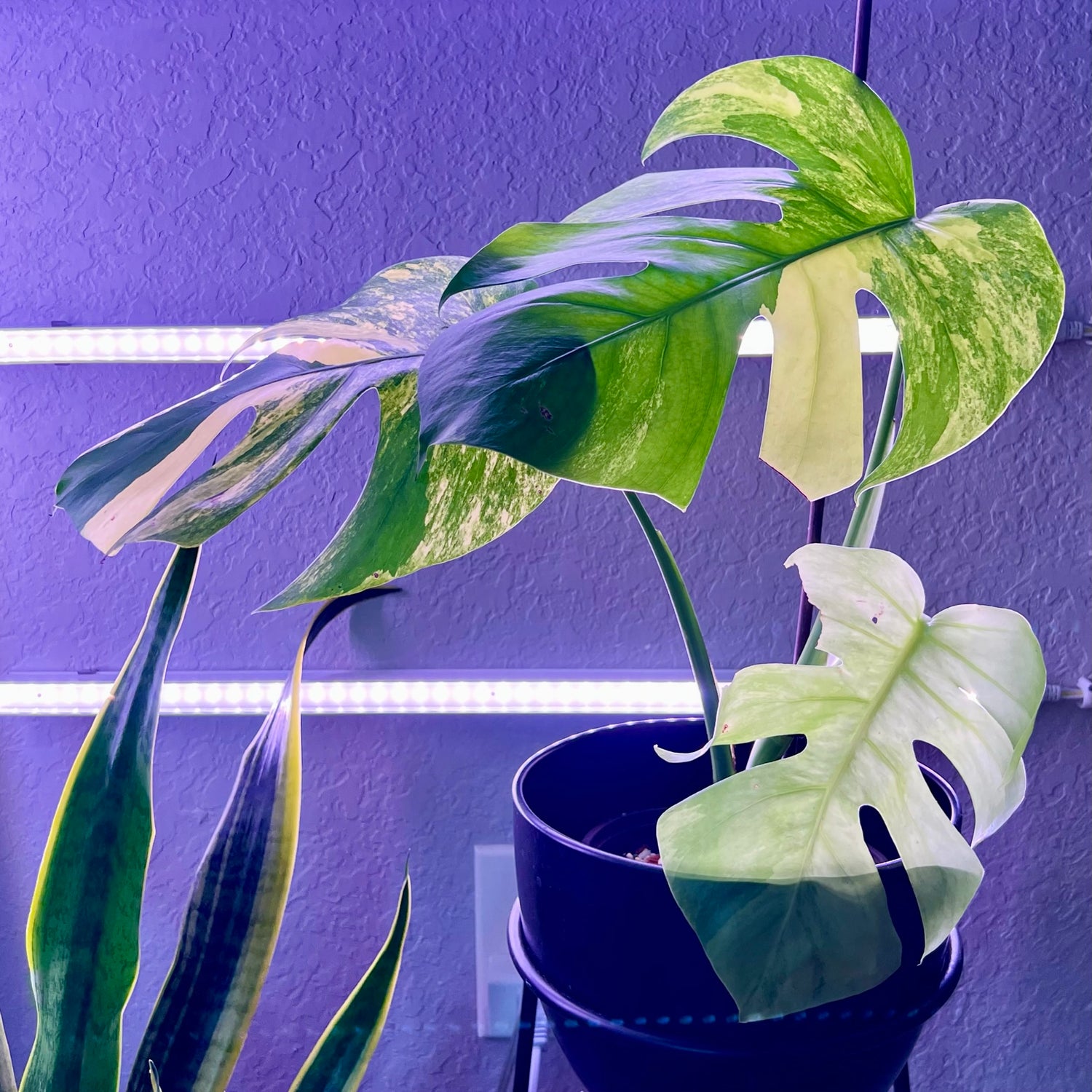If you're looking for a beautiful and low-maintenance plant to add to your collection, look no further than the Philodendron Mamei. With its large, glossy leaves and easy care requirements, this plant is perfect for beginners and experienced plant owners alike.
Light Requirements
Philodendron Mamei plants prefer bright, indirect light. They can tolerate lower light levels, but may grow more slowly or not at all. Avoid direct sunlight, as this can scorch the leaves.
Watering
Water your Philodendron Mamei when the top inch of soil feels dry to the touch. Be sure to water thoroughly, allowing excess water to drain out of the pot. Avoid letting the plant sit in standing water, as this can lead to root rot.
Humidity
These plants thrive in humid environments, so consider using a humidifier or placing a tray of water near your plant to increase humidity levels. Misting the leaves with water can also help.
Soil
Philodendron Mamei plants prefer well-draining soil that is rich in organic matter. You can use a commercial potting mix or create your own by combining equal parts peat moss, perlite, and vermiculite.
Fertilizer
During the growing season (spring and summer), fertilize your Philodendron Mamei every 2-3 weeks with a balanced fertilizer. In the fall and winter, reduce fertilization to once a month or stop altogether.
Propagation
Philodendron Mamei plants can be propagated through stem cuttings. Simply cut a 6-inch section of stem with at least two leaves attached, and place it in a container of moist soil. Keep the soil moist and warm, and roots should begin to develop within a few weeks.
Pests and Diseases
Philodendron Mamei plants are generally pest-free, but may occasionally be affected by spider mites or mealybugs. If you notice signs of pests, such as webbing or white cottony masses, treat the plant with an insecticidal soap or neem oil. Overwatering can lead to root rot, so be sure to avoid this by allowing the soil to dry out between waterings.
With a little bit of care and attention, your Philodendron Mamei can thrive for years to come.


